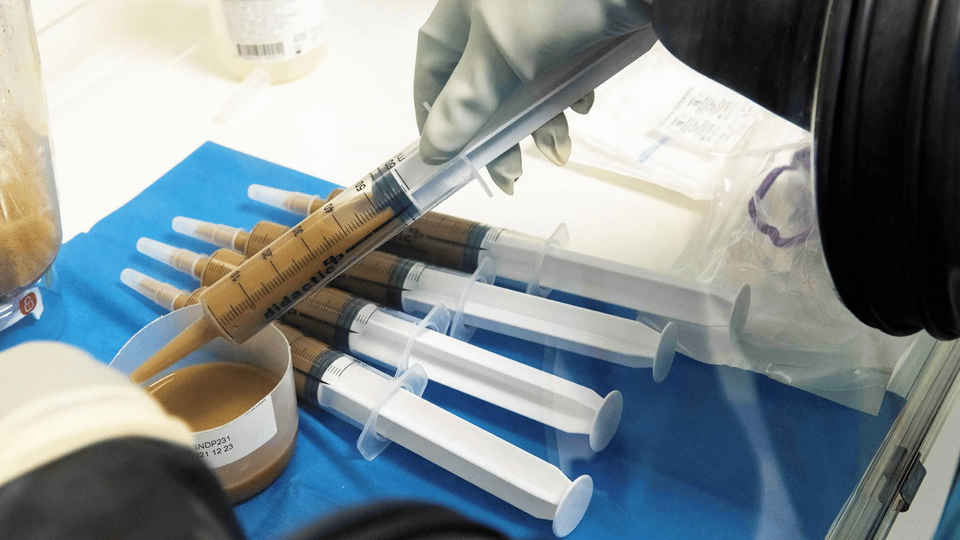Lecture Rijksmuseum Boerhaave: Fecal microbiota transplantation: the new brown gold

Fecal microbiota transplantation: the new brown gold. Learn more about it on June 28 at Rijksmuseum Boerhaave.
A special procedure; As early as the fourth century AD, a 'yellow soup' was prescribed in China to treat diarrhea.
Antibiotics have given humanity unprecedented power against bacterial infections. This changed the course of many infectious diseases and saved millions of lives every year. The other side of the coin, however, is a disruption and impoverishment of the human intestinal microbiota (community of bacteria, viruses, fungi and parasites in the intestine, or intestinal flora).
This disruption results in an increased susceptibility to an intesti…
A special procedure; As early as the fourth century AD, a 'yellow soup' was prescribed in China to treat diarrhea.
Antibiotics have given humanity unprecedented power against bacterial infections. This changed the course of many infectious diseases and saved millions of lives every year. The other side of the coin, however, is a disruption and impoverishment of the human intestinal microbiota (community of bacteria, viruses, fungi and parasites in the intestine, or intestinal flora).
This disruption results in an increased susceptibility to an intestinal infection with the bacterium Clostridioides difficile and possibly to various Western lifestyle-associated diseases such as diabetes, cancer or inflammatory bowel diseases (such as ulcerative colitis). The restoration of the disturbed intestinal microbiota through transplantation of healthy donor feces (fecal microbiota transplantation) has now proven to be effective in the treatment of an intestinal infection with C. difficile. This treatment offers great potential for other microbiome-associated diseases. In this lecture I will further discuss the origins, results and future of this new therapy.
About the speaker Dr. Liz Terveer works as a physician-microbiologist at the Leiden University Medical Center and heads the Dutch Donor Feces Bank.